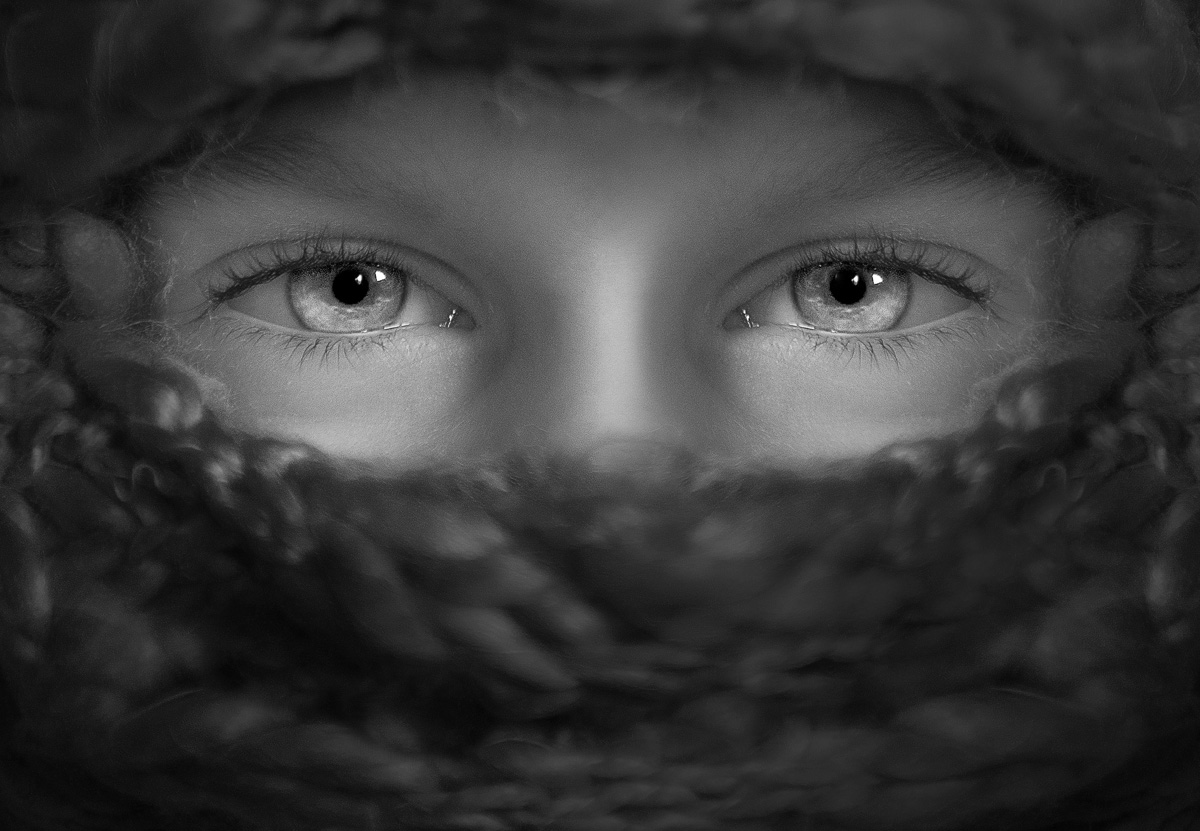Today is International Women’s Day. We would like to thank you for supporting E=H programs and also thank our Program Coordinators for their help in supporting our mission. Today we are sending you a story written by a woman about some women in Quito, Ecuador living in a difficult and desperate situation. You can give hope to others with even just a small amount. Here is her reflection of her trip visiting Quito, Ecuador.
In January 2016, I was given the opportunity to visit Quito, Ecuador…Before I went to Quito, I hadn’t really been exposed to poverty and I definitely didn’t understand the harrowing process or effects of human trafficking.
I’d been living life in my cushy little bubble, but now, I know some things. My bubble has been burst wide open and I can’t keep those things to myself anymore.
So let’s start with the facts of International Women’s Day:
1. In order to even qualify for a minimum wage job in Quito, you must have a high school diploma
2. Minimum wage is $350 a month
3. Public school can be expensive. Parents have to pay for supplies, books, uniforms, etc. which can cost upwards of $600 a year (per child)
4. Prostitution is legal in Quito if a woman is 18+
At this point you might be wondering why any of that matters. And it matters because 25% of Quito lives below the poverty line. In the poorer villages young women don’t have the financial means to attend school and if they don’t graduate, they won’t ever hold a minimum wage job.
It’s a cruel cycle that forces them to continue living in impoverished communities and can lead them to either A) sell whatever they have to make ends meet, including themselves or B) take risky “job opportunities” that turn out to be entry points into the relentless ring of human trafficking.
On my third day in Ecuador I visited Casa Adalia – a home for human trafficking survivors (E=H supports education in the home). To help me better understand the girls and their pasts, one of the founders, thought it would be good for me to see where many of them came from. So she took me to the Center City – straight to the heart of the red light district.
I’m not going to lie, I was expecting to go to a very rundown part of town with lots of dirty alleys and crumbling buildings (has anyone seen Taken?!). But when we got there it was not only one of the most idyllic streets I’d seen in Quito, but my ignorance was apparent.
We spent over an hour talking to women on the streets and as I heard their stories my heart shattered over and over again. I desperately wanted to take each of them to the safe house and help them start over, but there was nothing I could do. In that moment I was already doing everything I could by loving on them and telling them there was hope, but it still didn’t feel like enough.
When we got back to the car, it wasn’t long before the tears started streaming. I was SO angry – angry at the situation, the circumstances and the system. My mind was racing with a million questions, but the question that changed everything for me was this: “How much money do they actually make?”
I never could have prepared myself for Desi’s response and it cut through me like bitter air on a freezing night – – – “On average $7, but once things like the room fee have been deducted, it comes out to about $4. In brothels, it’s less than that.”
Four. Dollars.
The cost of a Starbucks coffee.
I was stunned.
And it was in that moment that I had the bleak realization that prostitution and human trafficking are intricately tangled in the same web – the web of poverty. Like a nasty plague living off its host, you can’t have one without the other.
I’ve struggled a lot since I’ve been home wondering how in the world you stop poverty because if you stop poverty then you can stop trafficking, right? But that’s the million-dollar question isn’t it? People have devoted their entire lives to solving the problem and we still don’t have the answer. I don’t have the answer either.
But God wanted me to wake up and He took me to another continent to do it.
He sends me a reminder every day in the form of the number 4. I can no longer see the number 4 without seeing the faces of the girls at Casa Adalia. I haven’t had Starbucks since I got back and it’s not because I’m trying to make some kind of statement or get attention. It’s solely because I know there are thousands of women in Quito alone that are losing themselves for that very same amount – the cost of my grande iced skim caramel machiatto is the cost of someone else’s dignity.
I’m not okay with that.
My first trip to Ecuador was full of experiences I’ll never forget and I’m thankful for it. As crazy and cliché as it sounds, I truly believe it’s changed me.
It’s my job to shine a light on all the injustice in the world and to show you how your dollars can truly change the lives of others.
It’s a really big assignment and I know I can’t help everyone, but doing something is better than doing nothing.
And never in my life have I felt so helpless, yet so hopeful, which is a paradigm I’m still trying to process.
To support the women at Casa Adalia Please Donate

